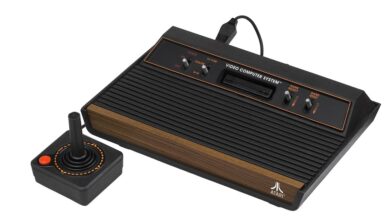The Role of Music in Video Game Worlds: How Gaming Soundtracks Create Immersive Experiences

The role of music in video game worlds cannot be overstated. Just like a film score sets the mood and enhances the emotional impact of a movie, a video game soundtrack helps to establish the atmosphere of the game and amplify the player’s emotional connection to the world on screen. From high-energy battle themes to hauntingly beautiful melodies, the music in a video game can make all the difference in how players experience and remember a game.
One of the most important functions of music in video games is to create a sense of immersion. By carefully selecting and composing music that fits the setting and tone of the game, developers can transport players to a different world and make them feel like they are truly a part of the game’s universe. For example, the sweeping orchestral scores of games like The Legend of Zelda or Skyrim help to establish the epic scale and grandeur of those fantasy worlds, while the pulsating electronic beats of games like Tetris or Dance Dance Revolution add to the sense of urgency and excitement.
Music also plays a crucial role in shaping the player’s emotional experience. Just as a sad song can bring tears to your eyes or a triumphant march can make you feel like you can conquer the world, the music in a video game can evoke a range of emotions in players, from joy and excitement to fear and sorrow. For example, the haunting melodies of Silent Hill or Resident Evil can send shivers down your spine and make you dread what lies around the next corner, while the adrenaline-pumping beats of games like Doom or Halo can make you feel like a total badass as you take on hordes of enemies.
Furthermore, music in video games can also help to enhance gameplay and reinforce important narrative moments. From subtle background tracks that set the mood for exploration or puzzle-solving to dynamic boss battle themes that ramp up the tension and adrenaline, the music in a video game can have a direct impact on the player’s actions and decisions. For example, the rhythmic cues of games like Guitar Hero or Dance Dance Revolution help players stay in time with the gameplay mechanics, while the epic orchestral themes of games like Final Fantasy or God of War can make epic battles feel even more intense and immersive.
In conclusion, the role of music in video game worlds is a crucial one that often goes unnoticed by players. From creating a sense of immersion and emotional connection to enhancing gameplay and reinforcing narrative moments, music plays a vital role in shaping the overall experience of a video game. So the next time you pick up a controller and dive into a virtual world, take a moment to appreciate the music that surrounds you and enhances your gaming experience.





